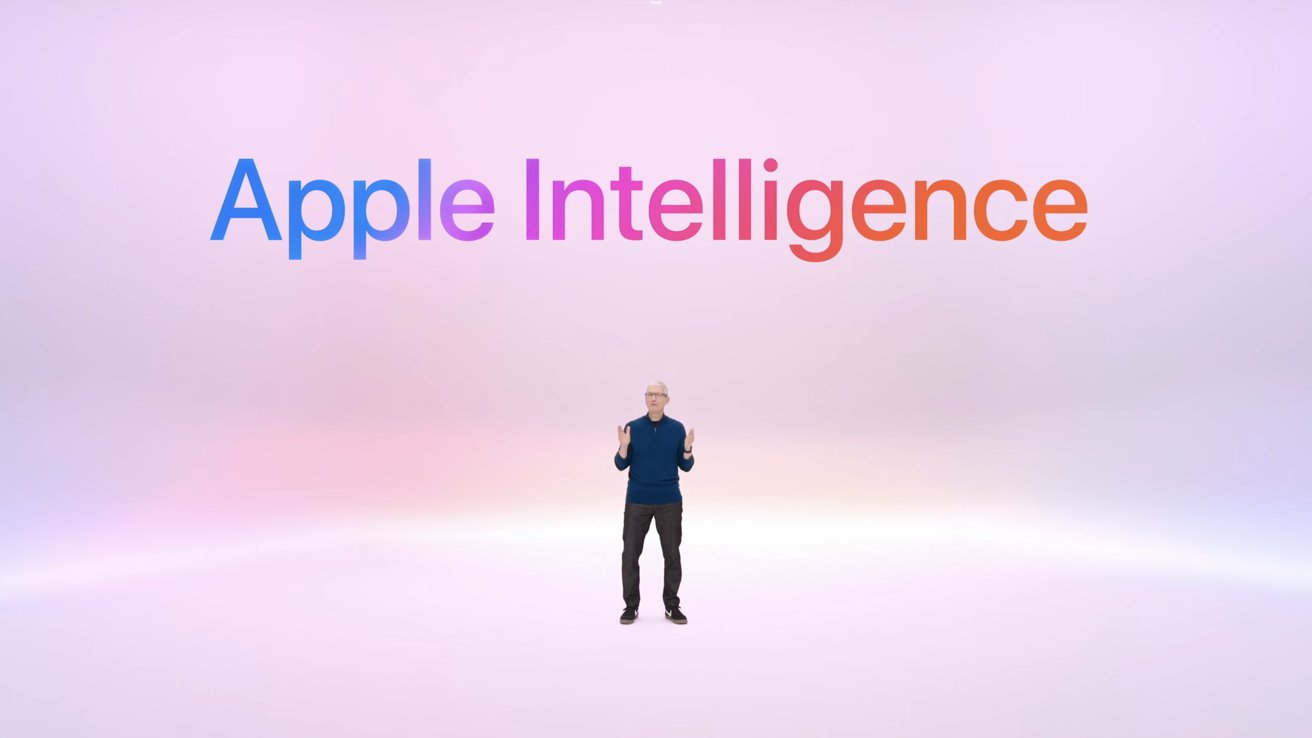Siri's biggest upgrade yet takes shape with 'Linwood' & 'Glenwood'
Apple is developing two major artificial intelligence initiatives, codenamed Linwood and Glenwood, as part of a sweeping plan to make far more capable and competitive in the generative AI era.

A smarter Siri is still coming
represent one of the most significant shifts in Apple's software strategy in years. Their success will help determine whether the company can catch up in a race it has been accused of joining too late.
Apple builds next-gen AI for Siri
Linwood is Apple's in-house effort to rebuild the Siri "brain" around large language models developed by the Apple Foundation Models team. These models are designed to understand natural language, manage complex queries, and retain conversational context.
Apple wants Linwood to tap into a user's personal data when answering questions or offering suggestions. That functionality was delayed in earlier Siri updates because of reliability issues but engineers believe the rebuilt system can now deliver.
Craig Federighi, Apple's senior vice president of software engineering, told employees the overhaul exceeded expectations. He described it as a complete end-to-end rebuild, a rare admission that Apple's existing approach was no longer competitive.
Integrating Linwood into iPhones, iPads, and upcoming smart-home devices is intended to make Siri more than a reactive voice assistant. The company envisions it as a proactive helper that can anticipate needs and participate in multi-turn conversations.
Glenwood is a shift away from Apple's normal approach
While Linwood focuses on internal innovation, Glenwood explores a different route. Apple is testing Anthropic's Claude to power Siri's core intelligence and has experimented with tools like ChatGPT and Google Gemini during development.
The projects represent a notable shift in Apple's traditionally insular approach. The company has historically relied almost entirely on in-house technology.

Only newer iPhones support Apple Intelligence
Mike Rockwell, formerly the head of the Vision Pro team, is overseeing both Linwood and Glenwood. Apple has not committed to one approach. Choosing Linwood exclusively would reinforce Apple's emphasis on privacy and vertical integration.
Tied to Apple's AI hardware push
Adopting what comes from Glenwood or a hybrid approach could speed development and close the gap with competitors. But it would mean depending on outside companies for a key part of the user experience.
The Siri overhaul is part of a larger AI turnaround strategy that includes hardware designed to showcase these new capabilities. Apple is working on a tabletop robot with conversational abilities and a smart-home display set to debut next year.
Both devices are expected to ship with the upgraded Siri at their core. With a smarter Siri, Apple should be able to offer consistent performance across the company's ecosystem -- or at least deliver on the original promises made almost two decades ago.
From a strategic standpoint, the Linwood and Glenwood projects are about more than just voice commands. Apple is under pressure to prove it can still innovate in software after missing the first wave of consumer-facing generative AI.
Competitors like Google and Amazon already offer assistants that handle more fluid conversations. OpenAI is moving into hardware in collaboration with former Apple design chief Jony Ive.
Read on AppleInsider

Comments
In Apple-speak that means 2027 and it won't work right until 2028 when they discontinue it because everybody has forgotten.